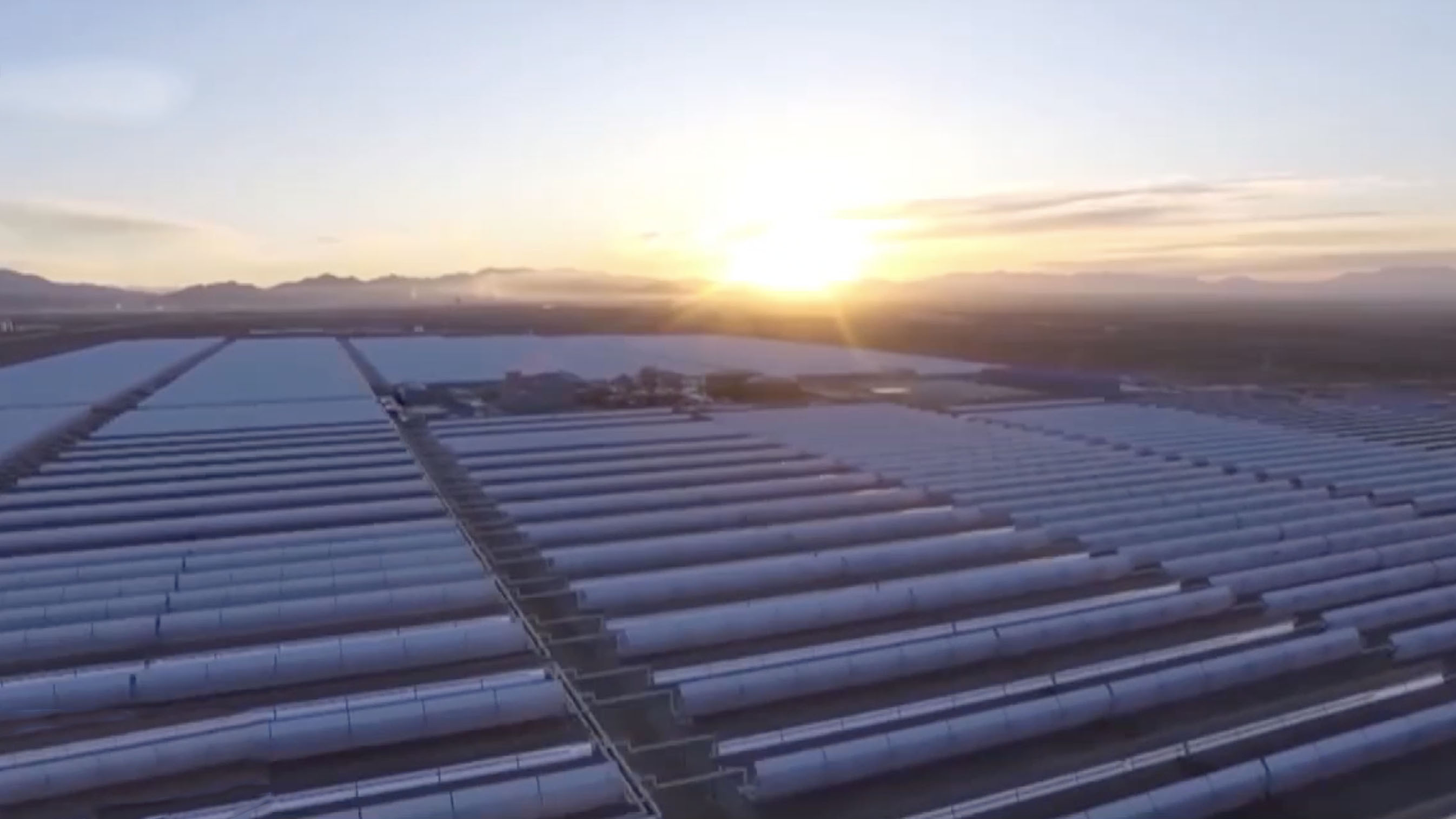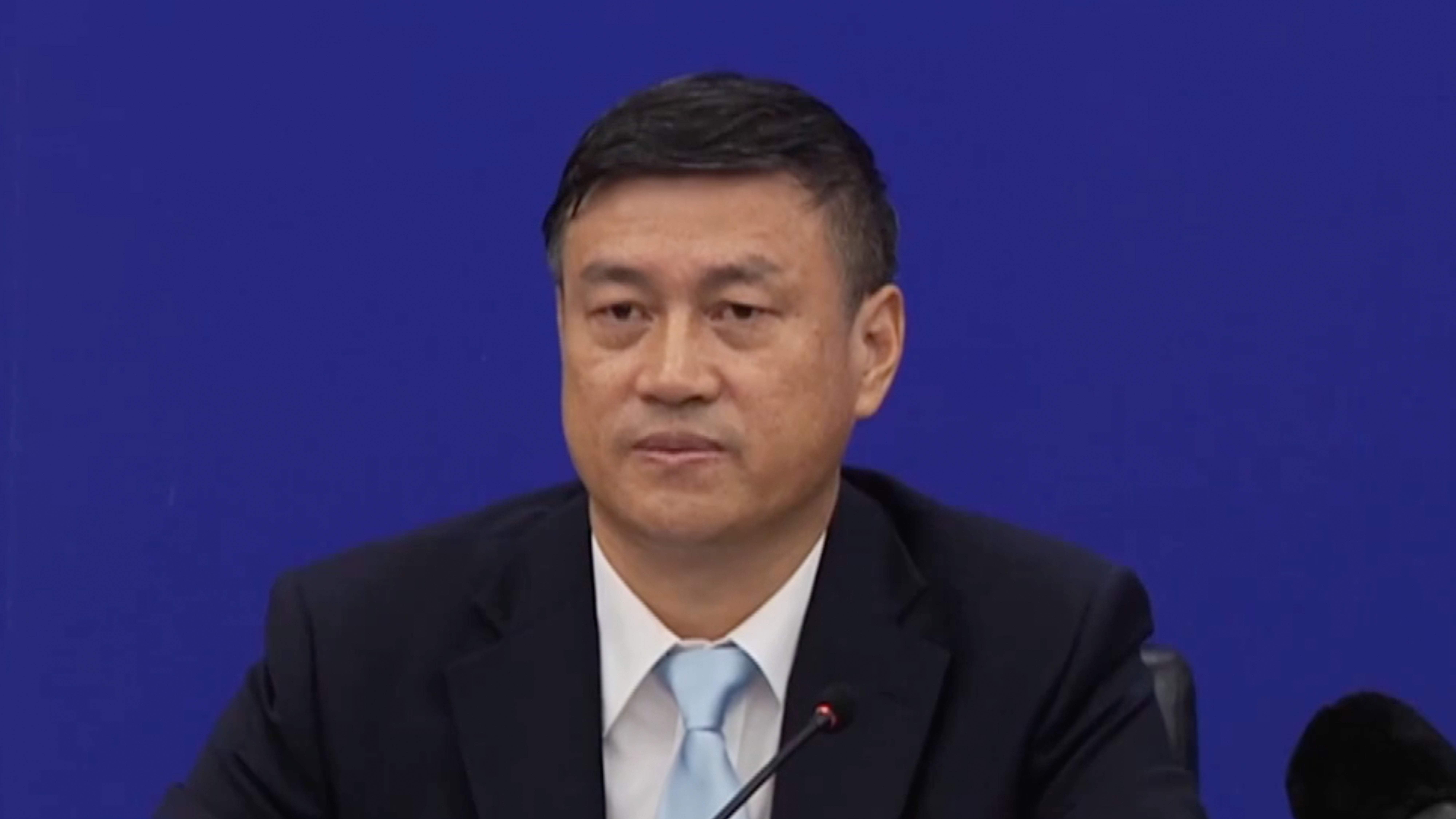
Enviro
22:31, 31-Oct-2018
China to deepen environmental protection reform
Updated
22:26, 03-Nov-2018
By Liu Yang, Bao Hongwei
02:31

While China's clean energy usage continues to grow, the nation is still fighting with pollutions, due to a heavy reliance on coal and fossil fuels. Now, China's Ministry of Ecology and Environment (MEE) is rolling out new measures to purify air quality and better protect other aspects of the environment, with an aim to deepening environmental protection reform and promoting cooperation on climate change.
The ministry announced the measures will deepen environmental protection reform, strengthen the supervision of ecological and environmental law enforcement and enhance the capability of construction in the carbon market.
"The goal is to cut heavy pollution days by three percent in the Beijing-Tianjin-Hebei region and the Yangtze River Delta region. Targets are set based on China's current industrial structure, energy structure, and current progress in air quality improvement," said Liu Youbin, a spokesperson of MEE. "It's not easy to accomplish the goal. It will take tremendous efforts to win the battle.”

Liu Youbin, a spokesperson of China's Ministry of Ecology and Environment /CGTN Photo
Liu Youbin, a spokesperson of China's Ministry of Ecology and Environment /CGTN Photo
Researchers attribute China's emissions reduction to changes in the industrial structure, a decline in the share of coal used for energy, and decreasing energy usage. Experts also found that China's emissions peaked in 2013, then declined by 4.2 percent in the following three years. According to analysts, carbon levels fell by 46 percent from 2005 to last year. The figures show the government is on target to meet its 50 percent goal by 2020, reversing rapid growth in carbon emissions.
At the 2015 UN Climate Change Conference, Chinese President Xi Jinping vowed to further strengthen South-South Cooperation on climate change.
Currently, 29 developing countries are using energy saving mechanisms, like solar power and photovoltaic power generation systems. Regarding this year's Climate Change Conference, Li Gao, director of the Department of Climate Change, said the issue of funding has always been at the core of negotiations.
“For China, we look forward to working with all parties to promote the success of the conference. One sign of the success is the completion of negotiations on the Paris Agreement, which can be implemented after 2020. We will comply with the relevant provisions of the Paris Agreement.”
Li added that experts must recognize the vast differences between developing nations and developed ones, which will impact implementation details. Experts said changes in industrial activities, coal use and energy efficiency are rooted in the changing structure of China's economy and long-term government policies.

SITEMAP
Copyright © 2018 CGTN. Beijing ICP prepared NO.16065310-3
Copyright © 2018 CGTN. Beijing ICP prepared NO.16065310-3